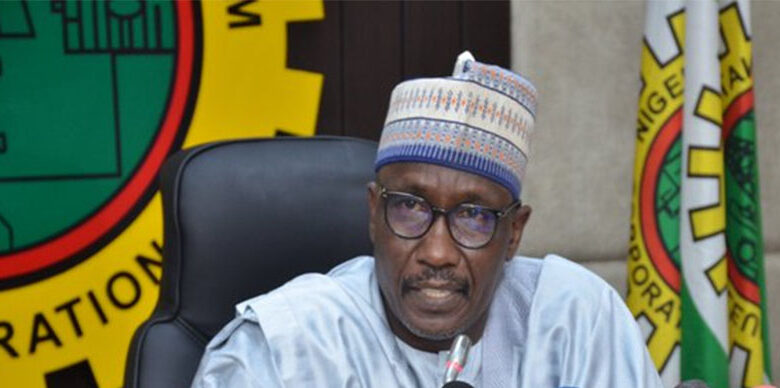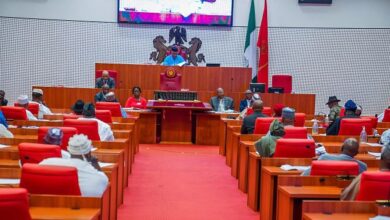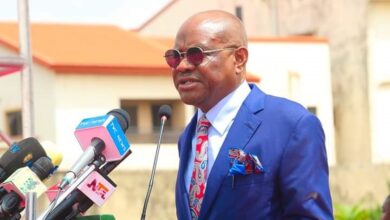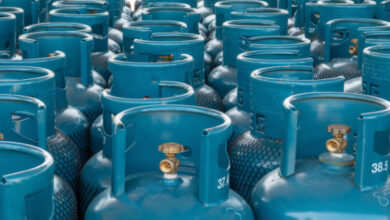Fuel Price Controversy Deepens as NNPC Defends Import Quality Amid Market Tensions

The ongoing debate over Nigeria’s fuel pricing mechanism intensified Tuesday as the Nigerian National Petroleum Company (NNPC) Limited defended its import quality standards amid protests at its Abuja headquarters. The controversy highlights the growing tensions in Nigeria’s downstream petroleum sector since the removal of fuel subsidies.
NNPC’s Chief Corporate Communications Officer, Olufemi Soneye, strongly rebutted allegations of substandard fuel imports, challenging critics to provide evidence of adulterated products. This defense comes at a crucial time when the national oil company faces scrutiny over two recent price adjustments – from N855 to N998 per litre in early October, and subsequently to N1,025 in Lagos and N1,050 in Abuja by the end of October.
The pricing dispute has taken on new dimensions following Dangote Petroleum Refinery’s recent market entry. The refinery stirred market debates by suggesting that competitors offering lower prices might be compromising on fuel quality standards. This statement has raised questions about pricing mechanisms and quality controls in Nigeria’s liberalized fuel market.
Market analysts note that the NNPC’s defense of its pricing strategy reveals interesting historical data: the company had maintained prices at N620 per litre for over a year despite landing costs exceeding N1,100, suggesting significant operational losses during that period. This pricing strategy’s sustainability came under pressure following recent foreign exchange fluctuations and global oil price movements.
Civil society organizations stormed NNPC headquarters in Abuja on Tuesday, protesting against recent fuel price hikes. The protesters expressed dissatisfaction with the company’s management under Group Chief Executive Officer Mele Kyari’s leadership. However, Soneye emphasized that price adjustments reflect market realities rather than executive decisions, indicating the complex interplay between global oil prices, foreign exchange rates, and local market dynamics.
According to the spokesperson, the NNPC maintains its focus on President Bola Tinubu’s energy security roadmap, suggesting potential long-term structural changes in Nigeria’s petroleum sector. Market observers note that this situation presents both challenges and opportunities for private sector participation in the downstream sector particularly as domestic refining capacity increases.





4 Comments